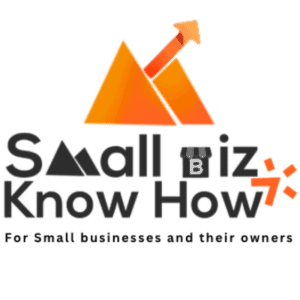Most small business owners I speak to struggle with marketing their business online. A very good reason for this is because most of them are over the age of 45 and had started their business primarily as an offline business before the advent of SEO and other digital marketing techniques.
In this era, some of them just don’t have the interest to learn a new method, or are just too busy to dedicate time to learning tools and techniques to help them in online marketing. So, naturally, they outsource the job to an agency without understanding what they are paying for.

This article is meant for such business owners as well as those who are starting up. Through this article I want to write about all the factors the a business owner must consider in their digital marketing endeavours.
This article can also help business owners to ask their agencies the right questions so that they can be sure that they are getting their money’s worth while paying for any digital marketing work to improve their brand.
In order to do this, the best staring point is learning the “fundamentals of digital marketing”.
Fundamentals of digital marketing strategies for small business
There are basic elements that make up the fundamentals of any digital marketing strategy. Small businesses should look at all this applicable for them and adopt any that is relevant for their business. I will cover the basics of all the components digital marketing strategy below.
Some of the key elements that are used in mainstream digital marketing are below
Search Engine Optimization (SEO)
This involves optimizing business websites and their content to improve their visibility in search engine results pages (like google). The goal is to increase organic (free high intent) web traffic by making the site more visible to people searching for some keywords or phrases associated with the business.
All small business owners should know basic fundamentals of SEO in order to not over-pay for any agency services. A business owner should be able to decide where his money investment goes and the kind of ROI and timeline he can expect.
Content Marketing

This strategy focuses on creating valuable and relevant content, that is hosted on the business website, typically like a blog to attract and engage a with an audience. The objective is to drive free organic traffic to a website that can become actionable leads for the business. Content can also include videos and infographics in addition to blogs and can also be promoted on social media.
Content marketing also includes video marketing techniques that small businesses use to create videos to promote on their websites or on social media.
Social Media Marketing (SMM)
Utilizing social media platforms like Facebook, Instagram, LinkedIn, and Twitter, this method involves creating sharable content that promotes your brand, website and products. The primary purpose of social media marketing is to build an audience across platforms and drive awareness. It also includes engaging with your audience and looking for new opportunities to increase reach and visibility.
Pay-Per-Click (PPC) Advertising
This is a model of internet marketing in which advertisers pay a fee each time one of their ads is clicked. Businesses need to place a bid for the keywords or phrases for a period of time and their brand owns those keywords for that period.
Anyone searching for those keywords will see the brand who owns that keyword come up on top of the search results with a “sponsored” tag. It’s a way of buying visits to your site, rather than attempting to “earn” those visits organically.
Email Marketing
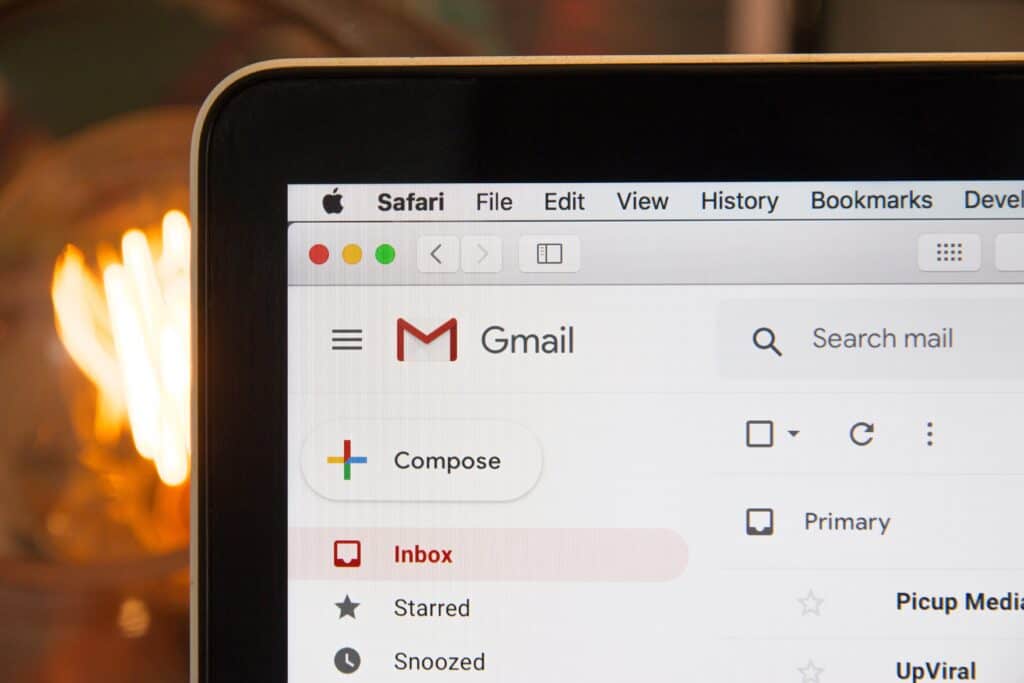
Email marketing is basically sending emails to prospects and customers. Effective email marketing strategy convert potential customers into paid customers over time and turn one-time buyers into loyal repeats. This channel is often used for direct marketing as well as relationship building. A business will need to do work to build an email list which it can then use over a period of time.
Affiliate Marketing
This is a performance or ‘outcome’ based marketing strategy where a business rewards one or more affiliates for each visitor or customer brought by the affiliate’s own marketing efforts. A lot of websites on the internet use affiliate marketing as a strategy to make revenue. This is useful for businesses who want to rely on organic sources of traffic, but do not have the time or expertise to build their own source.
Mobile Marketing
This is basically targeting customers via marketing on a smartphone. Mobile marketing can provide a business with potential customers along with their time and location-sensitive, personalised information that promotes goods, services, and ideas. It is usually cheaper to target customers via mobile phones than via the desktop or laptop as well.
Marketing Analytics
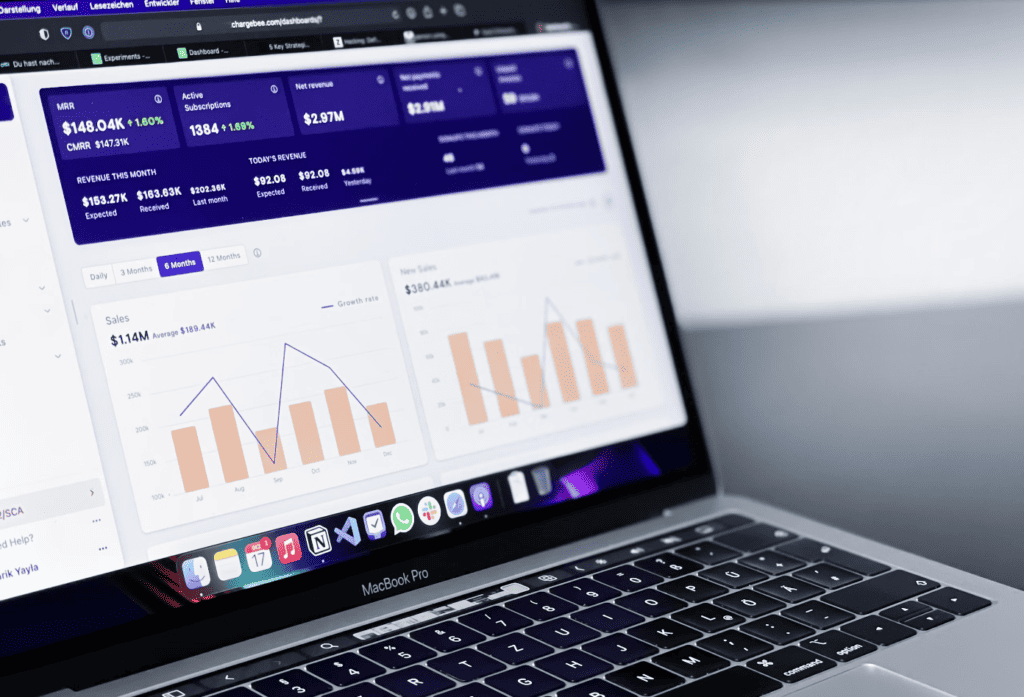
Understanding how to collect and analyze marketing data is crucial. This data helps in understanding consumer behaviors and preferences, measuring the effectiveness of marketing strategies, and making data-driven decisions. Data can be used to build a potential customer journey through multiple web pages and figure out where customers drop off.
Digital PR (Public Relations)
This is the practice of using digital and social platforms to manage the public perception of a brand. It includes handling press releases, social media and online reviews. Many businesses can get a paid promotion of them via a news publication to build a good narrative.
Influencer Marketing
Influencers are people who have built an audience who consume their content via various online mediums. Brands collaborate with these influencers who have a significant following on social media or other digital platforms to promote their products or services.
The advantage here is a ready access of a curated audience who consumes what the influencer promotes. A famous Indian brand “mama earth” promoted their FMCG products through influencers and built a brand big enough they filed for being a stock marketed listed company.
Now the above strategies are all independent of each other. Its not enough to just use one of these. A business needs to bring together many of these strategies together to build a coherent digital marketing plan. Lets take a look at how a small business can do this.
What is a digital marketing plan?

A digital marketing plan, to simply put, is a strategic document and implementation plan that brings together all the elements mentioned above that are relevant for your business so that all the strategies work together.
The power of a digital marketing plan that most small businesses don’t understand is that the sum is far greater than all its parts. That is, if you take up any 3 marketing strategies outlined above and implement them in an integrated manner, the benefit to the business is far greater than the benefit you get with just implementing each plan individually.
To build a digital marketing plan, every small business, needs to keep the following things in mind.
- Business objective – what is the business or the brand trying to achieve
- Analysis of the market – current players, where are the customers, who are they etc.
- Digital marketing goals – What is the digital marketing plan expected to achieve? how does this help the business objective?
- Customer Audience – who is the intended recipient of your communication
- Digital marketing strategies and channels – what are the channels of communication and the approach that you will take to deliver your message
- Content Strategy – what kind of content will you create, how will it seamlessly work with all channels
- Budget – how much are you willing to spend? (there is a related article on lead generation, where i have written about how small businesses can generate leads for free or at low cost)
- Data and Analytics – Collect data for all your campaigns, see how they work, review and refine
Once you have all these in place, you are ready to start implementation of your digital marketing plan. make sure that all your stake holders know their metrics and what their key deliverables are. One factor that can break any well crafted digital marketing plan is a lack of a well thought thought out content marketing and organic search strategy.
Importance of Content marketing and Search marketing as a strategy for a business

Like how free cash flow is the oxygen and backbone for any business, a well thought out content marketing and search marketing is the backbone for any digital marketing plan. All too often, we see many businesses or start-ups burn through a lot of money in a short period of time on ads, TVCs, sponsorships etc. but don’t have a solid content strategy in place.
Building a good content strategy is the secret that hides in plain sight to get free organic traffic over time. A content strategy often helps in driving more potential customers when executed together with a good email marketing plan.
Content Marketing and its importance
- Build a Brand : Content marketing helps communicate about your brand. Well-crafted content, in the form of blog posts, videos and social media updates can introduce your business to a wider audience.
- Establishing Thought Leadership: By producing high-quality, informative content, businesses can establish themselves as thought leaders in their industry.
- Engaging with Customers: Good quality content engages your audience for a longer time, encouraging interactions and helping create a community around your brand. This is key to building long-term relationships with customers.
- Supporting Other Digital Marketing Strategies: Content marketing supports other digital marketing channels. It provides material for social media, forms the base for SEO and discovery in organic search
- Lead Generation and Nurturing: With educational and informative content, businesses can attract leads for free and nurture them along the buyer’s journey until they are ready to make a purchase.
- SEO Benefits: Quality content is loved by search engines and can help improve your website’s ranking in search engine results, leading to increased organic traffic. Look at my article here on why SEO is important for small businesses.
- Cost-Effectiveness: Compared to traditional marketing methods, content marketing can be more cost-effective, especially for small businesses.
- Long-Term Value: Good content can continue to attract and engage visitors long after it has been published, offering long-term value to the business. This is the only form of marketing that continues to benefit the business long after the investment is made. Blog posts can drive traffic for years with practically no maintenance or investment needed.
The importance of Search Marketing and Search Engine Optimisation (SEO)
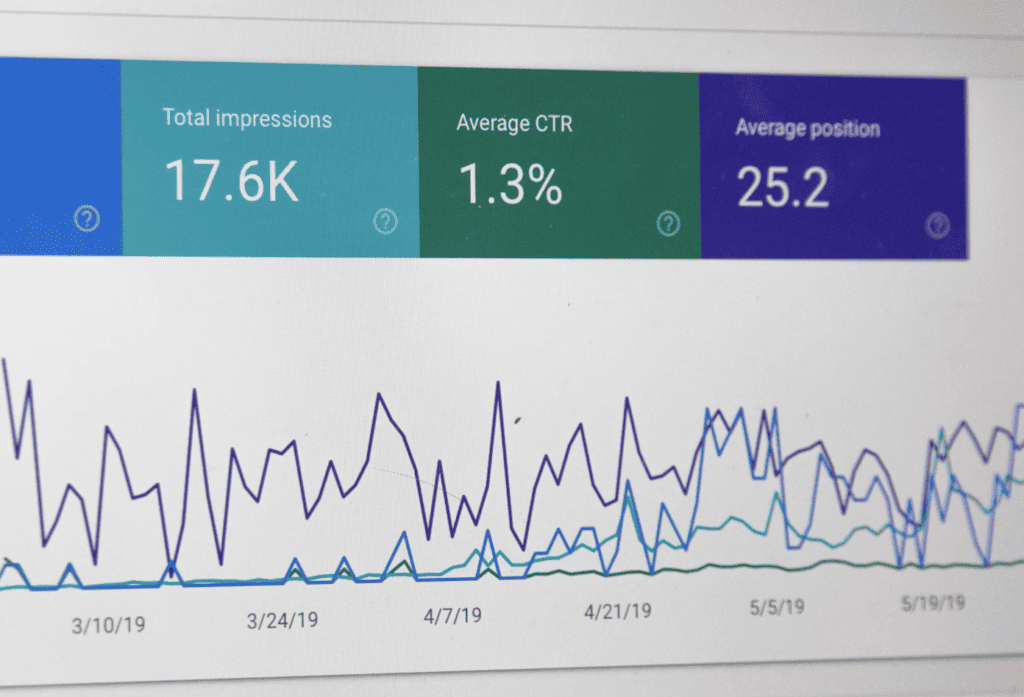
Search marketing involves, both Pay Per Click (PPC, paid search engine marketing) and SEO (for free organic traffic). I will cover PPC and its importance in the next section. This section is all about SEO.
SEO is a valuable skill to have for any small business owner, since it gives them another tool in their toolkit which presents unlimited opportunities to grow their business. There is a community called Internet Marketing Gold, which is like netflix for learning about SEO which offers courses for anyone to learn and implement SEO.
Lets look at why SEO is important and why businesses that understand it well, do well in a world that is increasingly governed by algorithms.
- Increased Visibility and Traffic – Good SEO increases the chances of a website to rank on the first page of a google search result, giving a lot of traffic to the website
- Targeted Reach – SEO allows small businesses to sharp shoot their target audience based on keywords, location, and other demographic factors. This targeted approach ensures that marketing efforts reach the most relevant audience.
- Cost-Effectiveness – SEO is a cost-effective marketing strategy since it targets users who are actively searching for your products or services online
- Building Credibility and Trust – Websites that appear higher in search results are often perceived as more credible and trustworthy by users.
- Competitive Advantage – A strong search marketing strategy can give businesses a significant advantage over competitors who may not be as visible online. It also builds an inertia in a way that a consistently well ranking website cannot be easily dislodged by competitors.
- Measurable Results – The effectiveness of search marketing is easily measured using tools like Google Analytics. This allows for better decision-making.
- Adaptability – Search marketing strategies can be quickly adjusted based on performance data, market trends or changes in business objectives.
- Local Engagement – Local SEO for small businesses using can be particularly effective in driving local traffic and attracting customers from close by areas
Small business digital marketing strategies that involve careful spending

There are a few digital marketing strategies that require small businesses to make some investments or spend money. The reason i call “careful” spending because, you need to have a clear objective to make these spends.
The reason to “generate leads” is not good enough for these use cases. Sometimes, spending a little bit of money on paid marketing to experiment with target audience can give your business great learning on what target audience really works for your business.
This is because paid marketing, usually drives traffic almost instantly to your brand. You can use learnings from paid marketing to craft your content and social media strategies which will have a much better RoI and longer lasting impact.
Pay per Click Advertising
This is also a component of search engine marketing, but instead of waiting for google to drive traffic to your website based on organic search results, you can buy those keywords for a brief period and rank #1 on google search results.
Some of the benefits of using Pay Per Click (PPC) advertising are
- Immediate ranking on google search – your website gets instant visibility and instant traffic
- Learn targeting – Use PPC to see if you are able to reach the correct audience for the keywords you choose
- Insights for SEO – PPC will let you know immediately which keywords drive more traffic and you can use that to build your content strategy
- Flexibility – PPC allows businesses to stop, pause and adjust their campaigns at their will, giving them complete control
- Lower costs – PPC is often available at really low budgets and can usually become the first paid marketing channel that small businesses can use
- Slight edge over competition – PPC helps small businesses to temporarily rank higher than established players in the market
Some of the other paid marketing channels that small businesses can use are below
Display Advertising: These are visual-based ads that appear on third-party websites. They can be in the form of banners, boxes, interactive ads, video ads, and more. Display ads are used for retargeting or remarketing, where ads are shown to users who have previously visited your website.
Social Media Advertising: Platforms like Facebook, Instagram, Twitter, LinkedIn, and TikTok offer paid advertising options. These ads can be highly targeted based on user demographics, interests, behaviors, and more.
Influencer Marketing: Paying influencers (individuals with a significant following on social media or other digital platforms) to promote your products or services. This strategy leverages the trust and engagement that influencers have with their followers.
Native Advertising: This involves creating ads that blend in with the content on a website. These look like regular content, but are promoted to gain links and build authority for a brand. These ads are less intrusive and can include sponsored content or articles that resemble the site’s editorial content.
Being Careful with spending on these channels – Its easy for a business owner to get overwhelmed with the options available. Many times, agencies also work to push business owners to spend on all platforms and to “spray and pray” that things work out.
The best approach would be to take a ‘Hypothesis’ -> ‘Test’ -> ‘Analyse’ -> ‘Refine and Adjust’ -> ‘Decide’ process.
This will help business owners to finalise what works for them and plan on long term marketing efforts to build those out so that they can drive as much organic and free traffic as possible. Repeating again, use paid channels to experiment and see what works, and not as a channel to drive traffic or leads.
Building an online brand for small businesses

Brand building for a small business can seem very daunting in the online space especially if the business owner comes from a traditional background. There are some basic things a small business should do to get started. We will cover how a small business should build an online brand in greater detail in another post separately.
- Define Your Brand Identity
- Develop a Professional Website
- Optimise for SEO
- Engage in Online PR
- Encourage Online Reviews and Testimonials
- Stay Consistent about your message
- Build a community through memberships
Once you have done these basics, stick to building content across your website and social handles to drive traffic over time. You will see your brand grow.
Marketing channels that should be in any digital marketing strategy
All of us understand the importance of having a good content strategy and content marketing plan as a part of any marketing plan that is made. There are 3 other strategies that I would strongly recommend for any small business to develop as they will reward the business well over time.
Social Media Marketing
Choosing the right way to interact with social media is critical to driving engagement and acquiring potential customers. Lets look at the below sample screenshots from LinkedIn where a smaller company CEO has managed to garner almost 200 times more reactions than a well established brand.
Credit to the respective owners of the post, but Michael’s post went absolutely viral with the creative use of content on LinkedIn. Even with a 1% click through rate on his call to action, he would have gotten 40 potential customers in 10 hours, whereas a big brand like SAP is struggling to cross even 25 reactions.
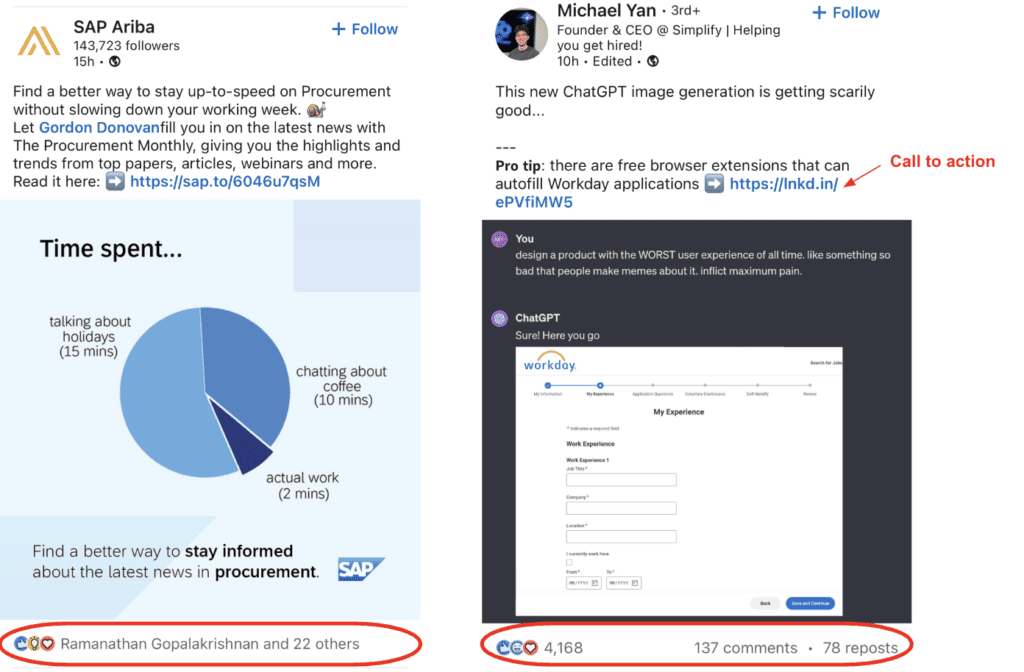
Local Marketing
Local marketing or Local SEO is crucial specifically for small businesses to make inroads to building a well recognised brand in the local community where they operate. For every small business, in the digital space, its absolutely essential to build a google business listing to boost local search traffic.
Learning about local SEO from internet marketing gold will also enable every small business owner to put in place an effecting local marketing plan.
Email Marketing
Email Marketing is often very underrated with people stopping to believe in the power of emails. However, there are many successful small businesses who have a curated an email list which becomes propriety data of the business.
Email marketing is one of the few techniques which you can control 100% because its the content that is used in the email marketing campaign that determines its success. No google update or social media platform policy change can affect your business if you have invested in email marketing.
